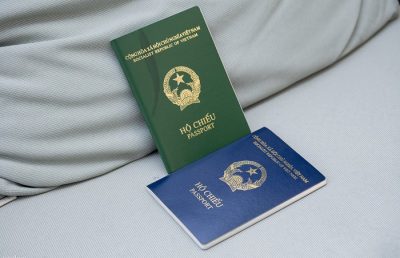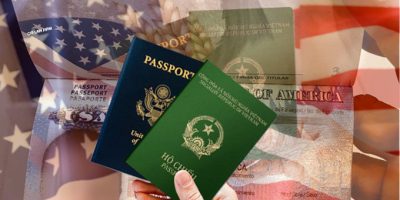
Navigating the complexities of dual citizenship can be challenging, especially when it involves Vietnam. This guide will provide you with a comprehensive overview of how to obtain Vietnam dual citizenship, the key rules and regulations, and the essential steps to follow. Whether you're a Vietnamese expatriate or considering Vietnamese nationality, understanding these details will help you navigate the process with confidence.

Dual citizenship, also known as dual nationality, refers to the status of an individual who is legally recognized as a citizen of two different countries simultaneously. This means the person holds the citizenship rights and obligations of both nations.
Vietnam’s approach to dual citizenship is nuanced and varies based on the individual’s circumstances. Here’s a breakdown:
Yes, dual citizenship is possible for certain Vietnamese nationals under specific conditions set by the 2014 Amendment to the Nationality Law:
These exceptions demonstrate Vietnam's acknowledgment of its diaspora and the complexities of modern global mobility.
No, foreign nationals seeking Vietnamese citizenship must generally renounce their original citizenship. Article 19 of the 2008 Vietnamese Nationality Law mandates that foreigners must relinquish their previous nationality to become Vietnamese citizens.
This policy reflects Vietnam’s preference for single national allegiance among naturalized citizens, a stance that is common among many countries worldwide.
Registering for dual citizenship offers numerous benefits to overseas Vietnamese, including:

To apply for dual citizenship, follow these four steps:
Step 1: Gather the required documents for dual citizenship registration in Vietnam, as detailed in Section 6 below.
Step 2: Submit your application to the Immigration Department at the Police Department of the relevant province or city directly under the central government.
Step 3: Obtain the approval for permanent residence from the agency where you submitted your dual citizenship application.
Step 4: Complete additional procedures following the approval, including registering with the local household registration, and applying for a Vietnamese identity card and passport.
To apply for dual citizenship, you need to prepare a set of documents, including:
A U.S. citizen can acquire Vietnamese citizenship through naturalization or marrying a Vietnamese citizen. To facilitate the process, it is advisable to familiarize yourself with the relevant laws or seek legal counsel. However, it's important to note that obtaining Vietnamese citizenship typically requires renouncing U.S. citizenship and surrendering your U.S. passport.
Or if you want to apply for a Vietnam visa as a U.S. citizen, please contact our visa service for detailed guidance and assistance during the application process, ensuring you obtain your visa quickly and easily.
We provide fast Vietnam tourist visa services in as little as 1 hour